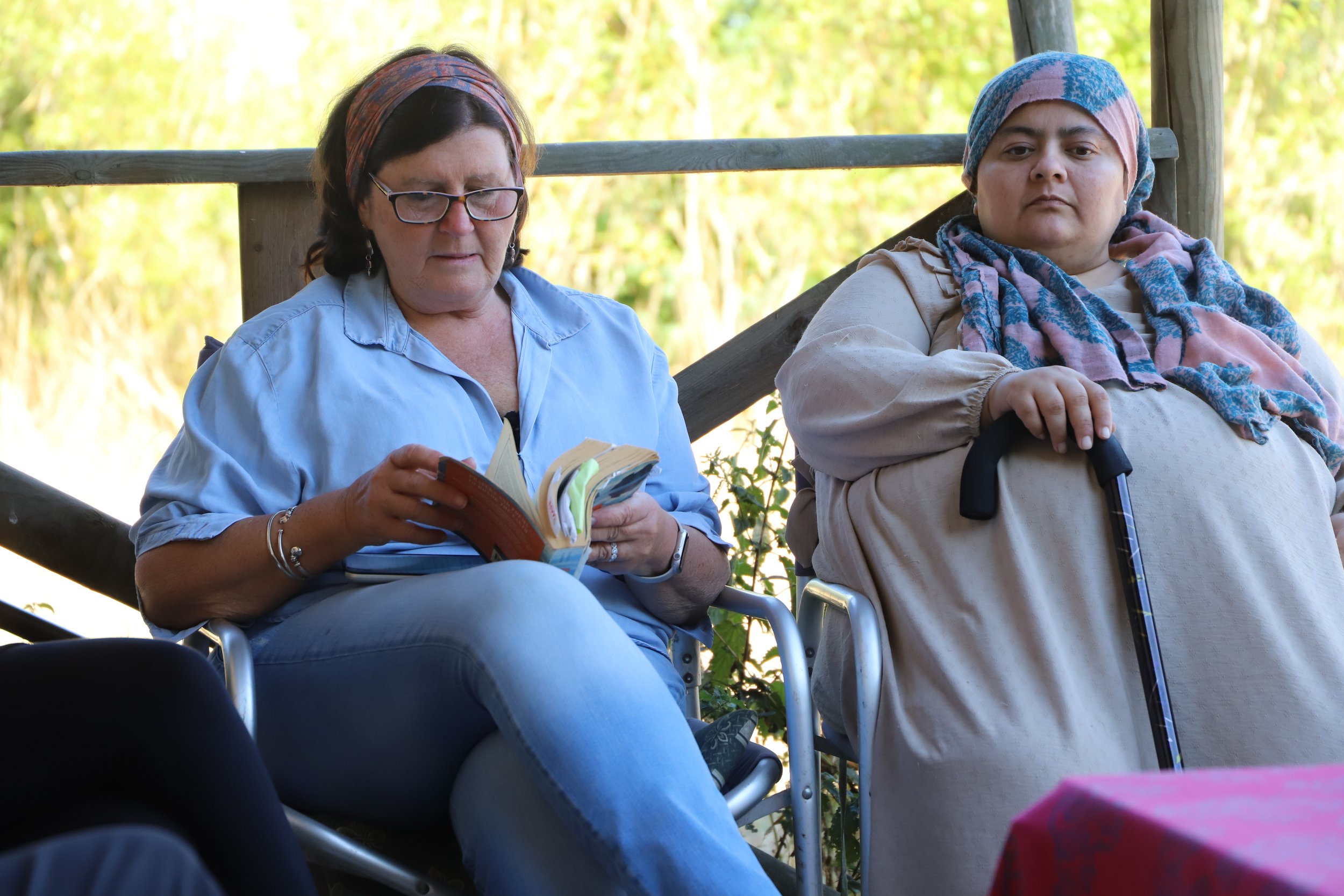The Climate Action Network
Studies show that being connected to nature has a positive impact on our wellbeing (Nature England, 2020).
The more quality time we spend in nature, the more connected we feel to our environment. What’s more, greater connection to the natural spaces is closely linked with pro-environmental behaviours and action.
However, minority ethnic communities face barriers to accessing green and natural spaces. Those from minority backgrounds are more likely to live in urban areas and, on average, have 11 times less access to green spaces. Similar patterns are found in young people, with only half as many ethnic minority children having access to the countryside compared to white children (The Countryside Charity, 2017). Additional barriers stem from a lack of diversity and culturally appropriate provisions in outdoor activities (such as walking groups and swimming), leading to exclusion and reduced opportunities to engage fully in outdoor recreation.
About the programme
We work with grassroots ethnic-minority organisations through our flagship initiative, Steps to Sustainability. Despite the deep-rooted and complex barriers to accessing nature, these groups are increasingly motivated to develop climate actions projects centred around connecting with the natural environment.
Capitalising on this existing enthusiasm, we developed a project to support organisations to overcome barriers they face in accessing nature and participating in climate action: ‘Climate Action Community Leaders Network’ (CACLN). The programme consisted of a residential trip designed for participants to connect with nature, as well as each other, and three webinars to stimulate ideas for climate action projects.
The Climate Action Network ran from February to August 2022, thanks to support from the National Lottery Community Fund ‘Together for Our Planet’, and the programme was a resounding success — watch our film below!
Following this successful pilot, which has confirmed demand for this form of capacity-building support, we are actively seeking funding to support more work to develop a cohort of community leaders dedicated to implementing climate action projects.
Watch our film here:
In August 2022, nine community leaders from faith-based civil society organisations, university societies, and other community organisations were brought together to spend one night at the Wilderness Foundation’s site in Essex. Participants were guided through a variety of group activities designed to reconnect them to the natural world, strengthening their relationship with nature and empowering them to develop their ongoing and/or upcoming initiatives.








The three webinars:
Session 1: On 2nd February, author and environmental campaigner Rupert Read was invited to discuss his book, Deep Adaptation - Navigating the realities of Climate Chaos,' followed by conversation with faith & community leaders across the country on what they’re doing to tackle climate action in their communities
Session 2: Jo Roberts, social anthropologist, advanced therapeutic counsellor and CEO of The Wilderness Foundation, was invited to discuss how we can leverage nature and wilderness in our daily lives to improve individual and social wellbeing.
Session 3: Azad and his colleagues at Saabat Gallery CIC discussed their lived experience as Iraqi refugees in the Redcar, UK, and updated us on their community garden project; an inspiring climate action project aimed at building community cohesion and celebrating creativity in a challenging urban environment.



